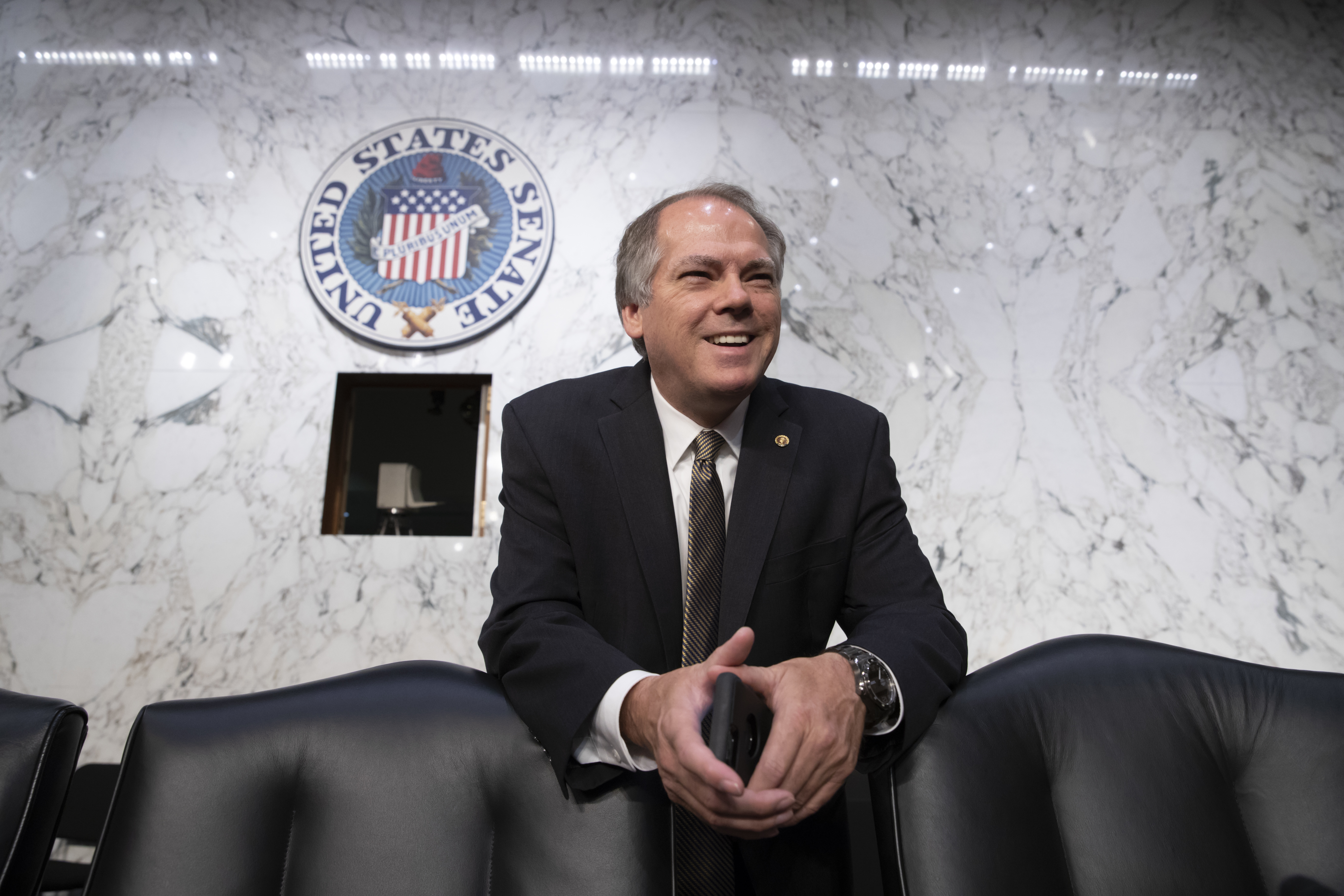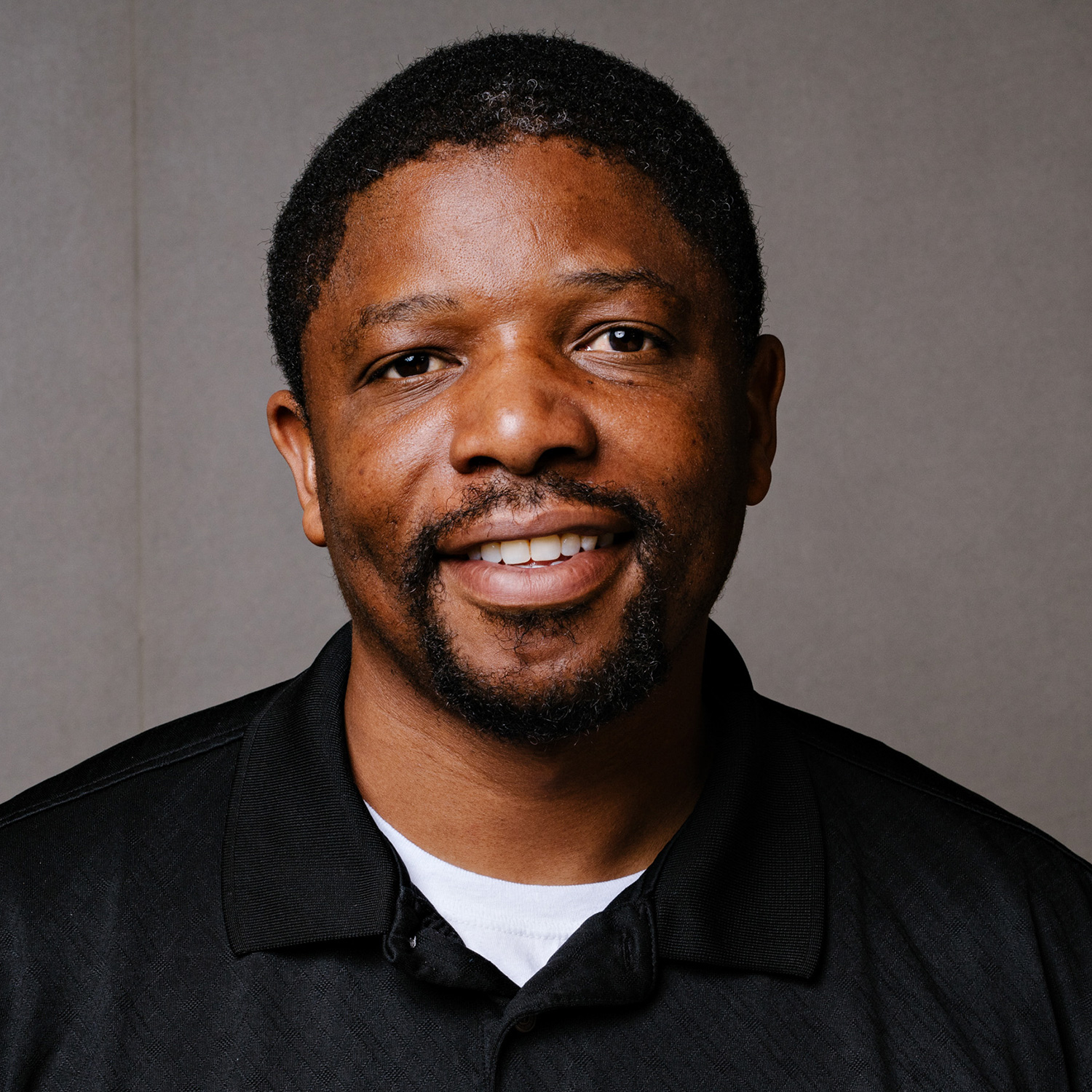
James Wolfe, then-director of security with the Senate Intelligence Committee, waits for the start of a hearing with the nation's national security chiefs about Russia's election meddling, on Capitol Hill in Washington in June 2017. Federal prosecutors are accusing Wolfe with lying to the FBI about contact he had with reporters who covered the committee
I couldn’t get past the pearl bracelet.
There is much to chew on about the story of Ali Watkins—whose email and phone records were seized by federal prosecutors investigating James Wolfe, a former senior aide to the Senate Intelligence Committee charged with lying about his contacts with New York Times reporter Watkins and other journalists—a kind of worst-case scenario for American journalism. It involves highly disturbing government actions being used against a young reporter, the kind that rightly have First Amendment stalwarts up in arms. It also includes disturbing decision-making by a young reporter, behavior that raises not only ethical questions but comes amid a burgeoning debate about gender equality that has been supercharged by the MeToo movement, about how women’s personal lives are too frequently used against them in professional settings.
That’s why it has been more difficult to defend Watkins against this government intrusion, because the line isn’t clear. Was she targeted because she was a star reporter who broke major stories about the country’s intelligence and security apparatus? Or was she targeted because she had an intimate, long-term relationship with a well-placed security source? Were her records secretly seized because she was a journalist or a former girlfriend? That’s the uncomfortable reality of the Watkins story.
For me, it all began with the pearl bracelet, which is precisely where it could have —and should have—ended.
Here is what The New York Times wrote about the bracelet in an exhaustive piece about Watkins, her relationship with Wolfe, a strange encounter she had with a Customs and Border Patrol Protection Officer, and how the government came to take her emails and other records:
“The pearl bracelet arrived in May 2014, in the spring of Ali Watkins’s senior year in college, a graduation gift from a man many years her senior. It was the sort of bauble that might imply something more deeply felt than friendship — but then again, might not.”
“Ms. Watkins, then a 22-year-old intern in the Washington bureau of McClatchy Newspapers, was not entirely surprised. She had met James Wolfe, a 50-something senior aide to the Senate Intelligence Committee, while hunting for scoops on Capitol Hill. He had become a helpful source, but there were times when he seemed interested in other pursuits — like when he presented her with a Valentine’s Day card.”
“On that occasion, Ms. Watkins explained to Mr. Wolfe that their relationship was strictly professional. The bracelet suggested that her message had not gotten through. She asked an editor for advice, and was told that as long as the gift was not exorbitant — no stock in a company, the editor joshed — it was fine.”
“Ms. Watkins kept the bracelet.”
I’m astonished any editor would have given a young reporter that advice. Under no circumstances should such a gift from a source be acceptable. Such journalistic ethics are in place to prevent the kind of crunch in which Watkins finds herself.
That was my initial blush. But as I re-read the story, the lead struck me as well, given that The Times reporters suggested there were some situations in which such a gift could be seen as a benign gesture:
It was the sort of bauble that might imply something more deeply felt than friendship — but then again, might not.
Some things need to be made extremely clear to young journalists, that such gifts don’t imply anything—they scream. If a source, or a potential source, offers you a pearl necklace, you decline it. You should assume that it is about “something more deeply felt than friendship.” You then make a mental note of it to help shape any professional relationship you have with that person.
That’s not advice only young women journalists should be given, but all young journalists. And it doesn’t have to be a pearl necklace. It applies even if the item is a large coffee at Starbucks. That’s what I’ve told every young journalist I’ve ever managed in the newsroom or mentored. That’s what I’ve told would-be-journalists in every class I’ve taught.
I’ve had to adhere to it myself. I once had lunch with a wealthy man in the coverage area of the newspaper I worked for in Myrtle Beach, S.C. He said he wanted to donate money to my wife’s literacy non-profit, Freedom Readers. He clearly, but indirectly, suggested he would do it in exchange for favorable coverage about a few developments he and others were working on. I walked away from the table and never talked to him again.
In some ways, it is harder to draw such a bright line at a local newspaper, especially if you, or your family, have broader interests that potentially overlap with your journalism. In many ways, it is easier than what journalists face in Washington, D.C., given all the crosscurrents and tangled relationships and pressures unique to that place, which is where Watkins got her bearings.
The New York Times reassigned Watkins to a new beat instead of forcing her to resign, even though she wasn’t forthcoming when she found out the FBI had seized her records. That was the right call. She made a mistake, but it shouldn’t ruin her still-promising career. (Disclosure: I worked for Knight Ridder, which was purchased by McClatchy, for much of my career. I remember receiving internal messages about Watkins’ impressive work when she was an intern in the McClatchy Washington Bureau.)
But if we want to increase the level of confidence and trust readers and listeners have in us, we must begin drawing brighter lines about what’s ethical and what’s not. That will also make it easier to push back against unwelcome government intrusion into the work we do.


